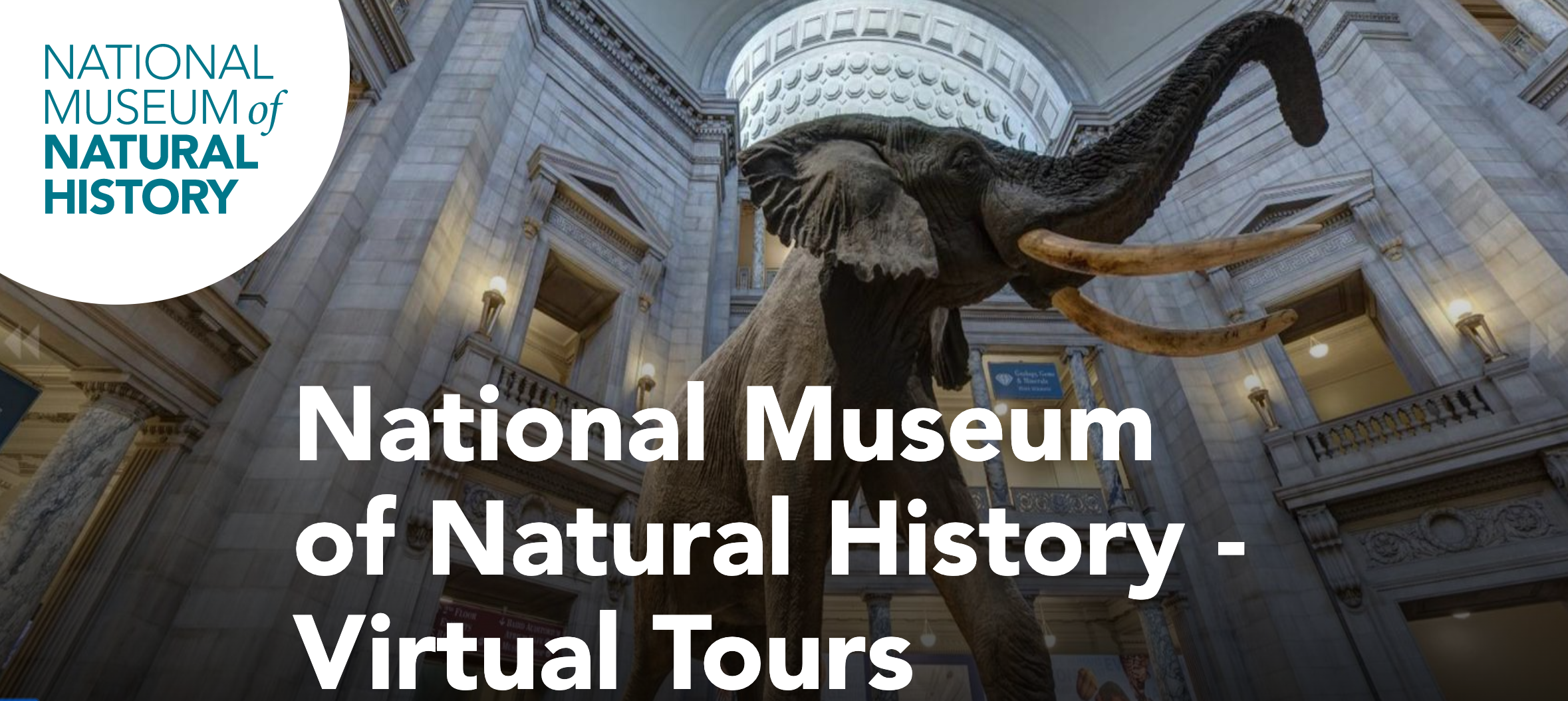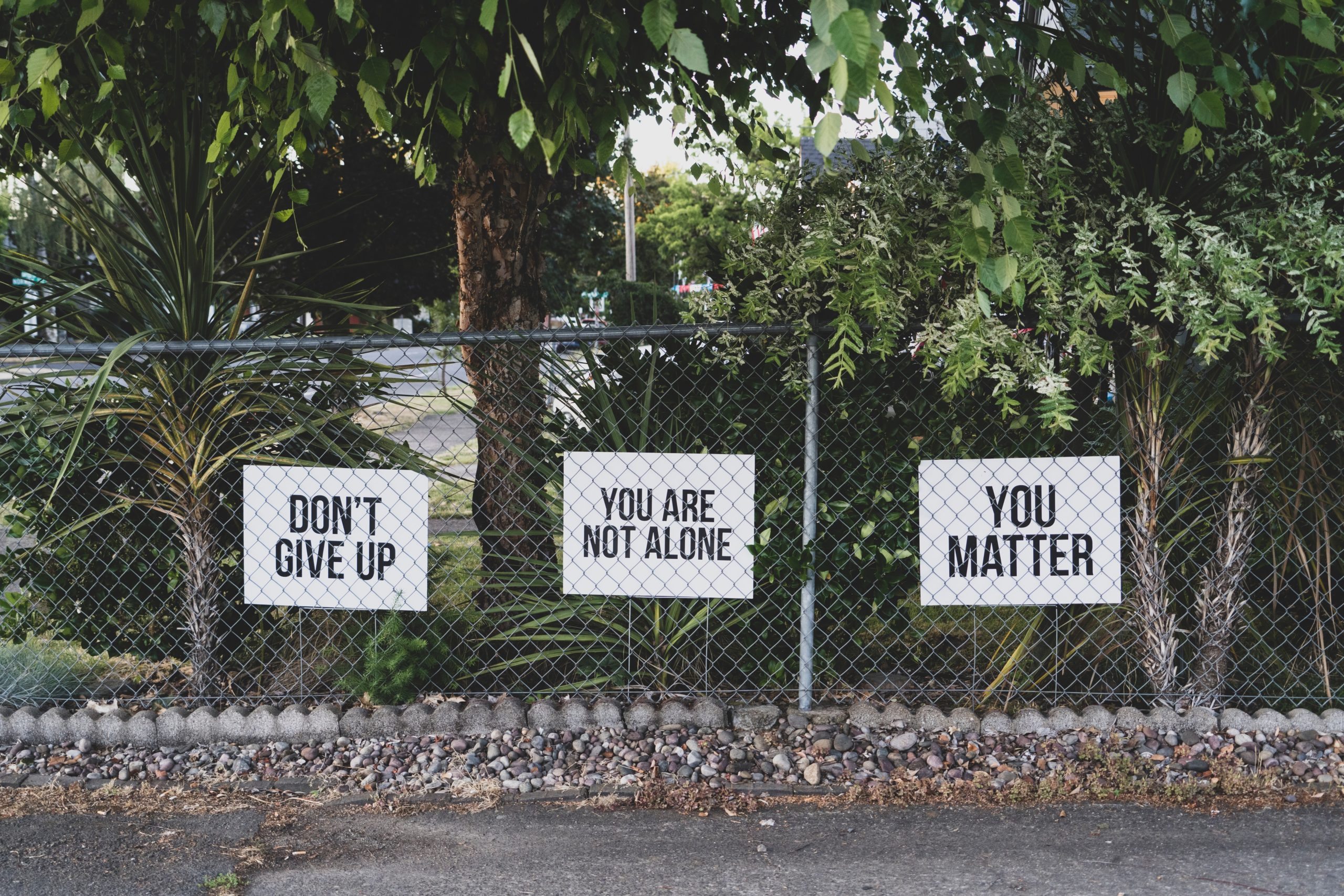 Activities for Kids
Activities for Kids
Aviation with Embry-Riddle Aeronautical University
DESCRIPTION
This course is a project of the Woman in Aviation International Chapter at Embry-Riddle Aeronautical University – Worldwide. It is a self-paced Massive Open Online Course (MOOC), designed for learners 8-17 that celebrates Girls in Aviation Day! In the course, ERAU-WW provides learners with some of the best information related to aviation and aeronautics available. We hope you learn a lot, explore what we have to offer, and have loads of fun!
Sign up your young learner today and get excited about girls in aviation.
To be eligible for enrollment in this course learners must be at least 13 years old or must have a parent or guardian sign up for this course on the behalf of their child.
OBJECTIVES
- Explain aviation terms in language applicable to an 8-17 year old audience.
- Explore aspects of flight such as lift, gravity, thrust and drag.
- Identify major parts of an airplane.
- Describe the flight characteristics of a helicopter.
- Discuss the goals of space exploration.
Target Audience: Children 8-17 years old.
Course is offered by Embry-Riddle Aeronautical University.








